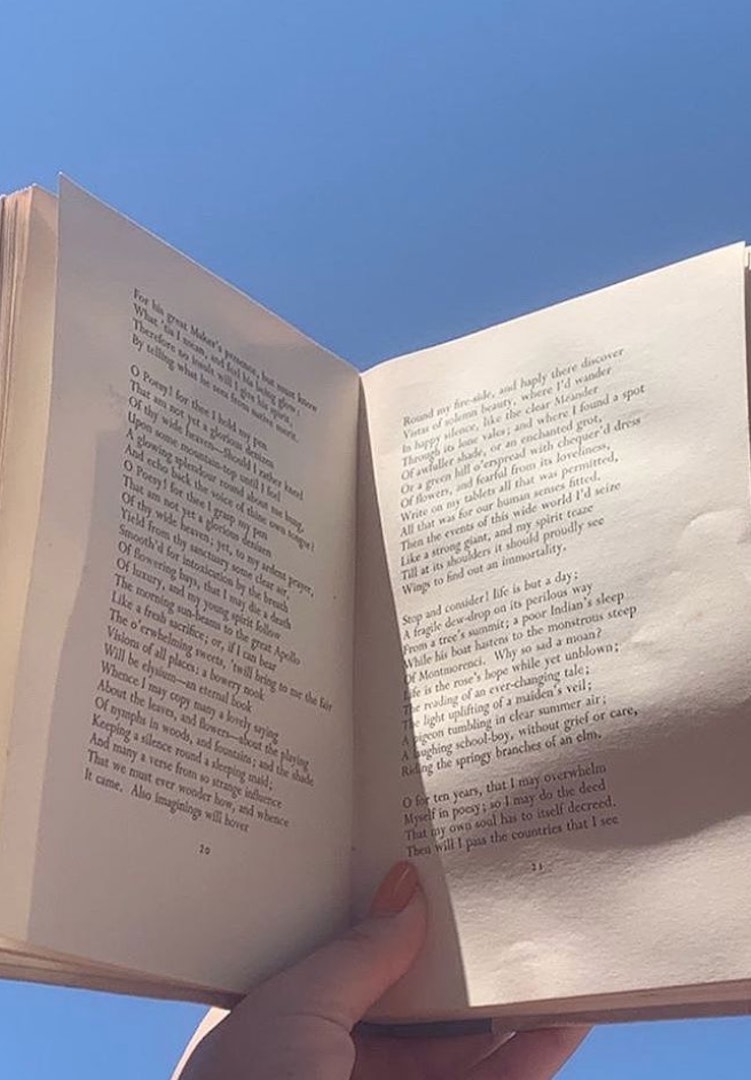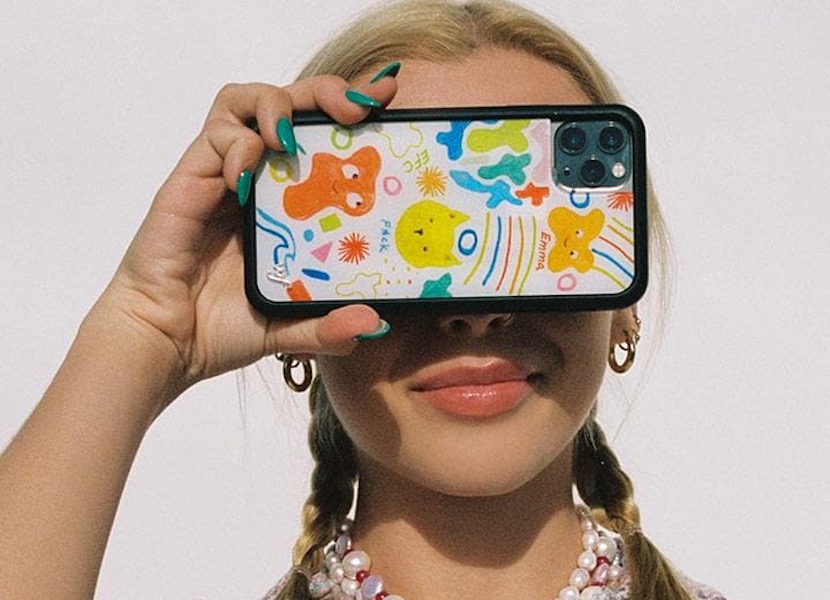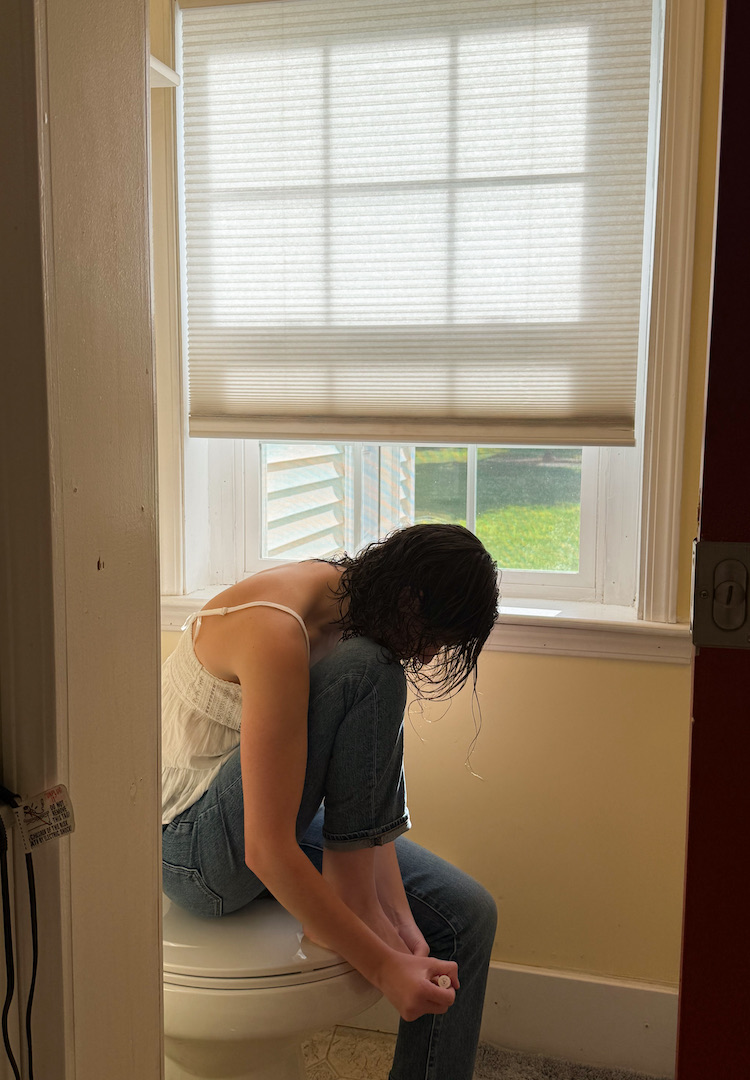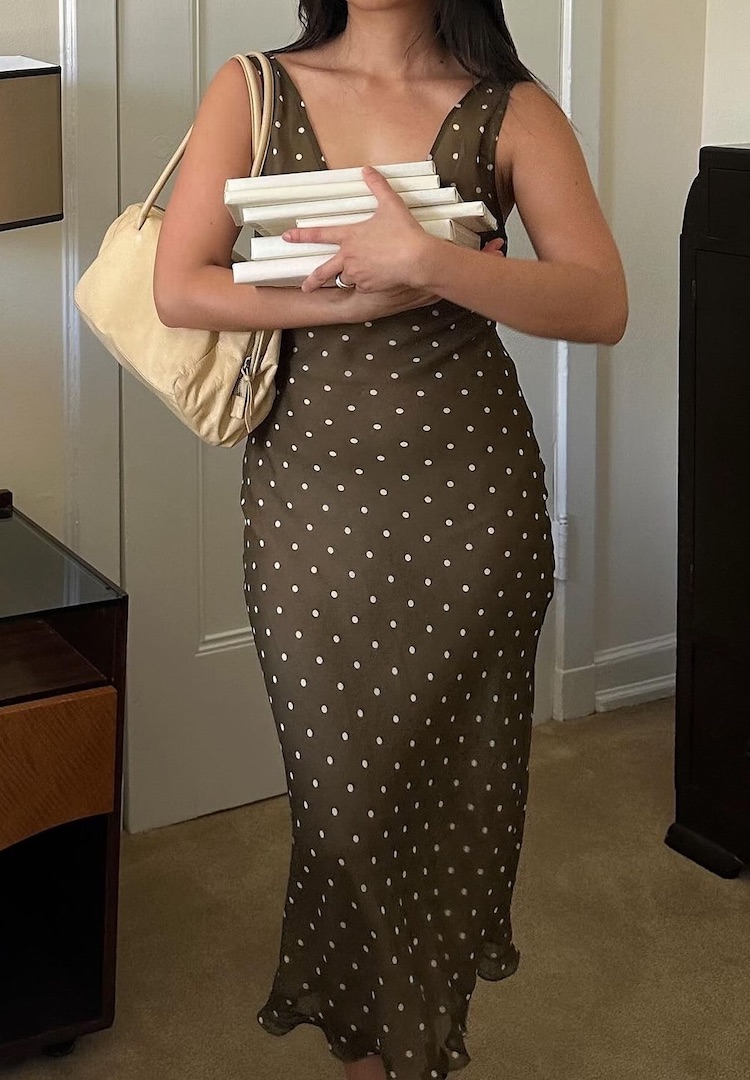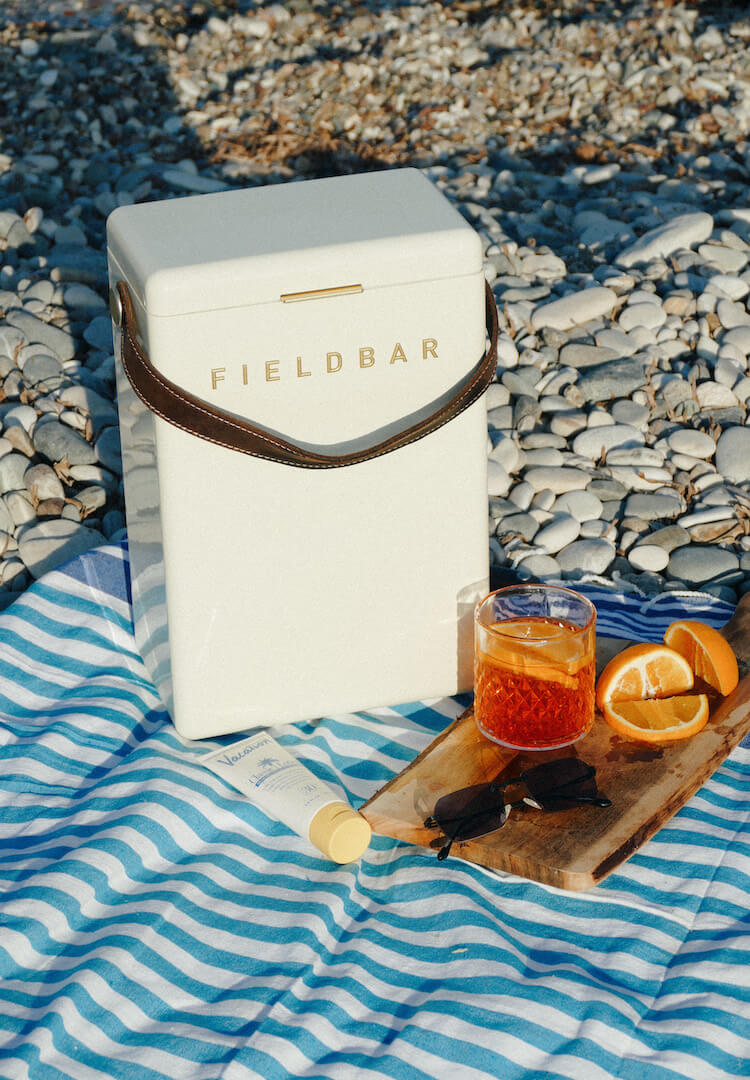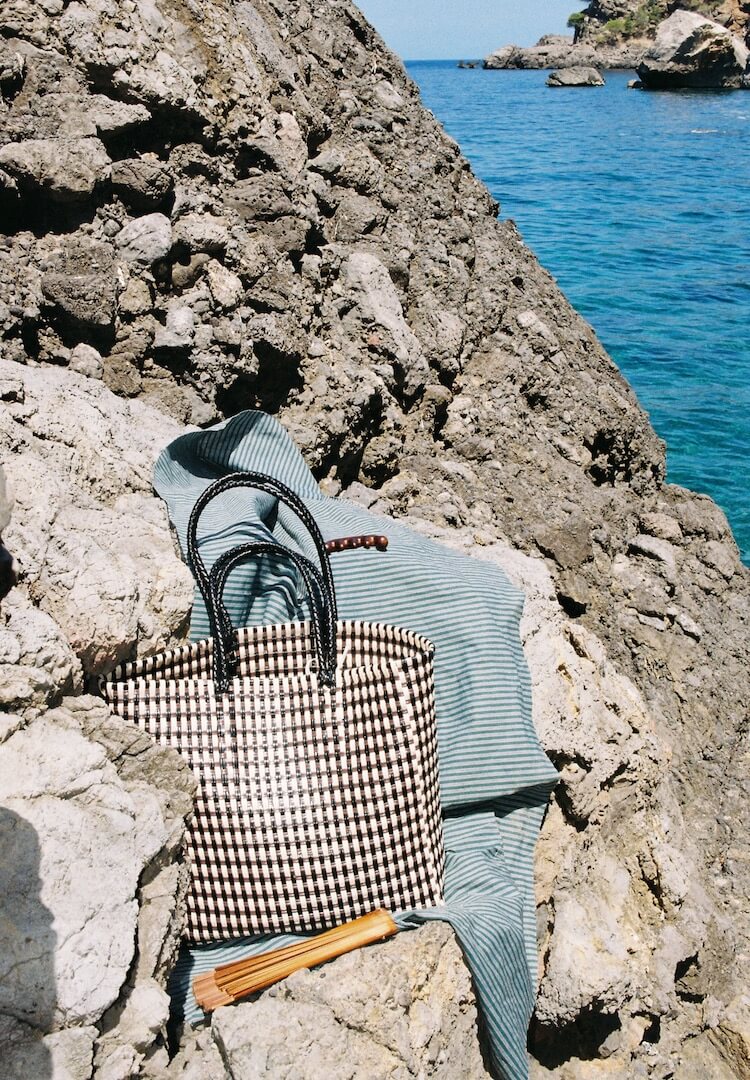I tried a screen-free holiday (and survived)
IMAGE VIA WILDFLOWER CASES
WORDS BY HANNAH COLE
Turns out the world keeps spinning, even when I’m not plugged in 24/7.
Recent research shows that Australians spend an average of six hours and 13 minutes online each day. By this statistic, we spend 40 per cent of our waking lives plugged in, lost somewhere in the world of social media, web browsers and Reddit rabbit holes.
With the mass move to working from home, it’s somewhat unsurprising but no less shocking. I joke about being ‘in’ The Matrix regularly, but wasting nearly half of my life online eerily encroaches on the idea.
Craving more personal essays? There’s an abundance in our Life section.
I prefer a life that explores, makes the most of every day and is lived without too much regret. Experiencing my days via a screen, I fear, will not make for a purposeful and well-lived life.
One sombre Wikipedia entry (also one of my favourites) is titled The Top Five Regrets of the Dying. “I wish I hadn’t worked so hard” sits at number two, backed by research conducted in 2018. Perform the study again today, and I bet “I wish I hadn’t spent so much time online” would rank.
Enter: the screen-free holiday
Screen-free weeks and digital detoxes are nothing new, particularly among those with children. Arguably, the last few years have only enhanced their popularity. We spent the better part of two years wary of our surroundings, primarily indoors and, ultimately, in front of a screen.
For many, these endless moments of entering another world, outside of our discomfort, were a salve. You can have too much of a good thing, though. There is a growing movement encouraging us to break free from the digital realm, and it’s abundant across the travel industry.
You’ll find digital-free retreats and a push to return to nature. Unyoked, a travel alternative that provides “the all-natural remedy to modern life”, launched in 2017 but has grown significantly since. The idea is to switch off, explore and find your zen in a remote cabin with no reception, no TV, and no interruptions. To some, this is their idea of hell. To me, it sounds like heaven.
Switching off and taking a break
I’ll admit, I am highly strung, very busy and always on. It comes as no surprise then that my cortisol levels blew the scale on a recent test. I knew I needed to take a step away from everything. The tonic of my choosing? A two-night stay in an Unyoked cabin, somewhere in NSW’s Lower Hunter region. A reset button for the soul.
You don’t realise just how much you rely on that constant connection until it’s gone. On the upside, I was forced to completely detach from work for the first time (potentially ever in my career). I honestly couldn’t respond to any urgent last-minute emails or check Instagram in the name of ‘work’.
I also couldn’t read all the things I love to peruse across the interwebs or practice my daily Italian (yes, I am one of those people who reignited their language lessons over COVID. Sadly, I lost my impressive streak thanks to this holiday). Despite knowing there was no internet, we found ourselves subconsciously tapping our phones, readying for alerts, but to no avail. Humanity has rewired itself.
Aside from the pointless picking up and putting down, we did slow down. Instead of sucking in the blue light, we read books, played games (the cabin had a stash prepared), journaled, and had real conversations without interruptive pings.
Our cabin sat on the greenest hill I have ever seen, facing a luscious mountain. The large window faced this view. I sat there for minutes on end, cross-legged watching as the mist floated by, the birds frolicked about, and the rain pattered down.
As I wrote in my journal, “Here, in a little cabin literally in the middle of nowhere, there is nothing to do. And that is the point. That is what we paid for”. Unyoked, and similar trips, encourage boredom; they literally want you to do nothing.
It seems bizarre to purchase a night away to be unreachable, but this is the modern world. A bath might serve as a brief half-hour relief, but even then, we have clever ways of propping up the laptop to watch Sex and the City.
After just over 36-hours in unplugged mode, returning to the outside world felt reminiscent of Tomorrow, When The War Began. Would the world still be there when we re-emerged? What had happened in the last two days? How many messages would we receive upon reconnection?
I was pleased to see that my loved ones did still exist – they made it through without me. Of course, I immediately responded to their texts and social media prompts when we came into a receptive zone; in an instant, I was back on.
I don’t know that the point is to ever permanently switch off. Sure, it was a great and grounding experience, but I couldn’t live like that forever. I need connection; I crave relationships, constant learning, and pretty pictures.
Spending time without it encourages a fresh outlook, though. Ideally, I will be more mindful of my time online and a little less obsessive. Turning off the computer at a decent hour and picking up a book will serve me well.
The most powerful takeaway is to be okay with nothing. “Maybe nothingness is the secret,” I wrote to close that journal entry. Sitting in nothingness might be the most luxurious thing one can do – the greatest gift of all.
This article was originally published on June 11, 2021.
Looking to spend less time on your phone? Try these tips.

